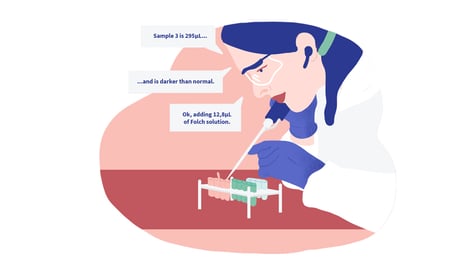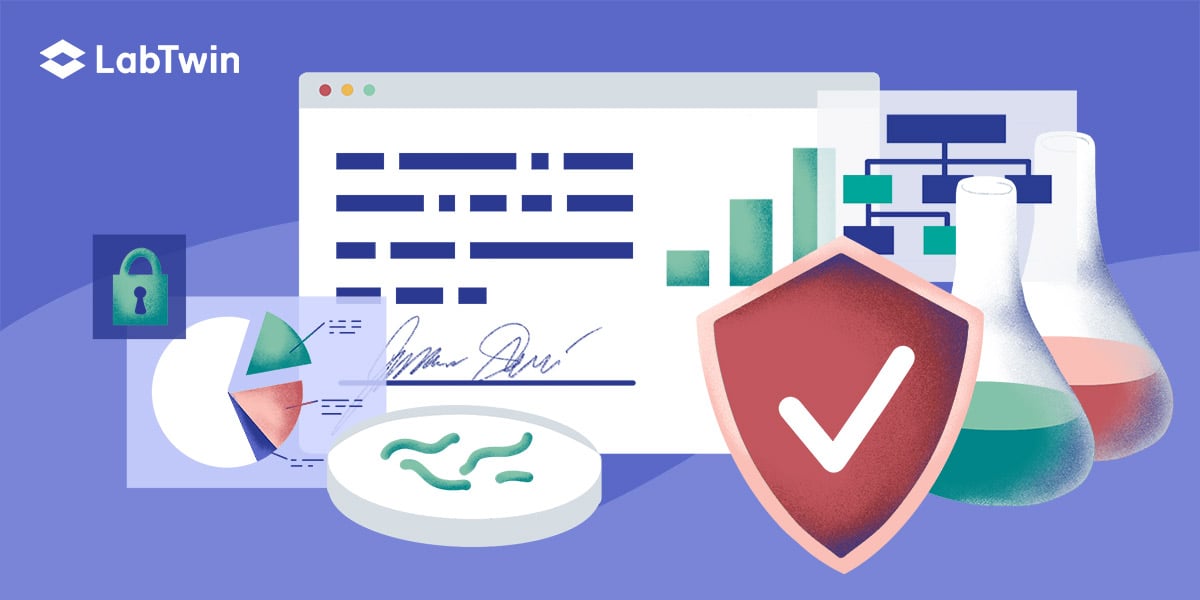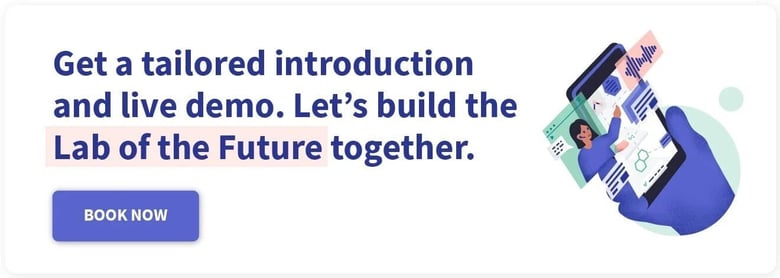What is happening with Alexa: the facts
It’s all over the news: like many other tech companies, Amazon is laying off a thousand of employees and most of the eliminated jobs are from Alexa’s division. The voice assistant has been operating at a $5 billion-per-year loss and from now on will be subject to strong budget cuts.
Why is Alexa underperforming?
1. Failed business model
Amazon Alexa Echo is one of the best-selling items on Amazon with 71.6 million users and billions of interactions per week. Voice technology is a successful technology leveraged by many AI voice assistants, including Alexa. Moreover, we have seen many breakthroughs for automatic speech recognition over the last decade, with the accuracy and level of understanding getting better every day.
The problem is that Alexa doesn’t produce a constant revenue stream because the most used features are not monetizable. Moreover, the price of the smart speakers doesn’t cover development costs.
The Google Assistant business model is encountering the same issue while Apple decided to sell their smart speakers at a higher price. However, unlike Amazon, both Google and Apple are integrating their digital voice assistant within their proprietary mobile devices.

Alexa is loosing billions of dollars per year.
2. Voice-only interface did not increase online shopping
Amazon hoped to monetize its voice-activated assistant as the ultimate shopping tool. However, not many people feel comfortable buying items without visual feedback and without, at least briefly, scanning the reviews or alternatives.
3. Built for everyone and everything
Aiming at being adopted by every consumer on the planet and offering now more than 100,000 skills, from voice control devices to sport coaching, it is not surprising that the main voice use-cases remain very generic. Setting a timer, playing music, enquiring about the weather forecast and controlling home appliances are the most popular ones. For more complex tasks, people complain about a lack of accuracy or browsability.
Why are digital lab assistants different?
1. Tailored for scientists
LabTwin’s digital lab assistant is built to be the AI companion of scientists in the lab, to support real-time data capture and access when their hands are busy handling an experiment. We answer real challenges in pharma or chemical industries where no other equivalent solution exists. Moreover, the Natural Language Processing (NLP) model of LabTwin’s digital lab assistant is trained to specifically understand scientific jargon and context, making it more accurate than generic voice assistants (95% accuracy for LabTwin versus 73% for Alexa on scientific sentences).

Tailored for scientists, a digital lab assistant seamlessly supports scientists during their experiments
2. Solution-first and not technology-first
A mistake often made in innovation is to start with a technology and then try to find use-cases. Usually this ends up with a fit which is not 100%. We built LabTwin to solve documentation challenges at the bench, not to find an application for voice in the lab. In fact, our initial thought was to develop a digital pen, but it quickly became obvious that the hands-free component was most important, therefore we used voice technology instead. Following UX research, we realized that multimodality with dual voice and visual interfaces was essential for some use-cases. In addition, supporting scientists at the bench requires more than simple voice-to-text features and we are therefore developing a smart AI-powered digital lab assistant with larger capabilities.
3. Data privacy and security
We take data privacy and security very seriously. Our company achieved ISO/IEC 27001:2017 and ISO/IEC 27017:2015 certification, recognizing our compliance with international gold standards for information security.

LabTwin is compliant with international gold standards for information security.
4. Proven ROI validating our business model
Proving a good Return On Investment (ROI) is not only important for our clients but also for the sustainability of the product line, as shown by Alexa’s targeted layoffs. For our latest client, we proved an initial 2.3x ROI, placing us in a good position to co-develop the next features.
The future of digital voice assistants
Voice assistants are becoming more and more ubiquitous in phones and homes, with 71% of Americans preferring voice search to typing (pwc, 2018). Car manufacturers such as Toyota, BMW or Mercedes are also developing their own in-house voice assistants. 73% of drivers will use a voice interface in the car by next year and most of them are willing to pay for the service (Cap Gemini Report, 2020).
In the professional market, enterprise voice assistants are thriving. In the Healthcare sector more and more digital assistants for patients are part of clinical trials or are used to automatically update electronic health records based on doctor-patient conversations. Virtual legal assistants have also encountered great success in the legal sector, with 82% of law firms are looking to invest in speech recognition technology (Nuance 2021). Jurists and lawyers leverage voice assistants to automatically write up their cases or support legal research. These use-cases all require strict data security.
With processes becoming more digitized, data are now more available, enabling better context awareness for digital assistants. Leveraging these data, digital assistants are becoming smarter, responding more quickly to user needs, offering better insights and providing more helpful suggestions both at home and in the workplace.
Conclusion
Amazon’s choice to reduce the number of people working on Alexa does not mark the end of digital voice assistants. Rather it reflects a disconnect between that particular technology and customer requirements. LabTwin’s digital lab assistant has been built based on feedback from hundreds of scientists and we will continue to work with scientists to create a digital voice assistant that solves real-world problems in the lab.
Learn more about LabTwin with a tailored introduction and live demo. Let’s build the Lab of the Future together. Book now.
References:
- https://www.businessinsider.com/amazon-alexa-business-failure-10-bn-losses-2022-11
- https://www.wsj.com/articles/amazon-says-it-has-over-10-000-employees-working-on-alexa-echo-1542138284
- https://www.capgemini.com/insights/research-library/voice-on-the-go/
- https://www.pwc.com/us/en/services/consulting/library/consumer-intelligence-series/voice-assistants.html
- https://www.verifiedmarketresearch.com/blog/top-healthcare-virtual-assistants/
- https://www.nuance.com/en-gb/dragon/campaign/white-paper/future-of-work-legal.html?cid=7010W000002T9jEQAS&utm_campaign=EHK-EP-2021-Legal_Info_Hub_survey_whitepaper_download_UK&utm_source=UK_legal_hub_page











